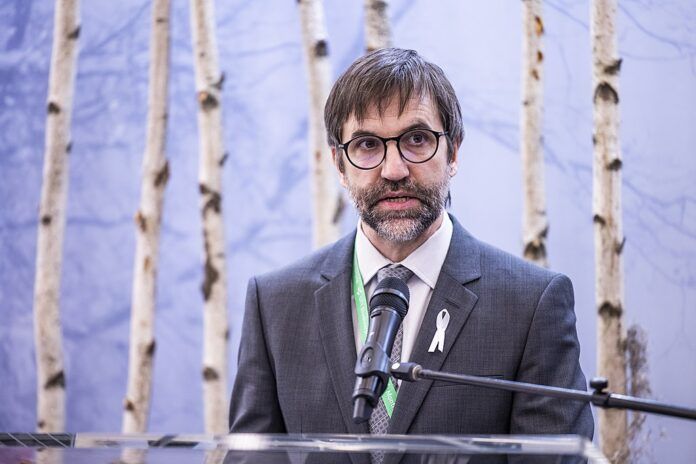Canada minister defends price increase amidst political opposition
In a decisive move, Canada is set to witness a significant rise in its carbon tax, marking a $15 increase starting April 1st. This announcement has ignited a widespread debate across the nation, as numerous premiers vocalize their concerns over the potential inflationary impacts, even as the broader future of carbon pricing in Canada remains uncertain.
Environment Minister Steven Guilbeault has been at the forefront, addressing the controversy with firm resolve. During an interview on The West Block, Guilbeault argued that the hike serves more economic benefits than drawbacks for the average Canadian and stands as a critical component in the battle against climate change. “Our approach is balanced, demanding greater action from major polluters while also recognizing the individual contributions Canadians can make,” he stated.
The minister acknowledged the financial struggles many Canadians face due to the increasing cost of living. However, he emphasized the financial return that low-income and middle-class families would see from the carbon tax increment, asserting that without it, “eight out of ten Canadian families would find themselves in a worse financial position.”
Canada aims to cut its pollution by a minimum of 40% by 2030, under its 2030 Emission Reductions Plan. Guilbeault pointed out that a significant portion of this goal relies on substantial contributions from large industrial emitters, leaving Canadian individuals to cover the remaining share. This balance, according to Guilbeault, is essential, posing a challenging question: “If we eliminate a plan that accounts for 10% of our pollution reduction, how do we compensate for that loss?”
This carbon pricing strategy, however, is not without its critics. Alberta Premier Danielle Smith lambasted the tax increase as “inhumane,” especially given the harsh winter conditions in Alberta, framing it as a life-or-death issue for many residents.
The opposition extends beyond provincial leaders. Ontario Liberals and Newfoundland and Labrador Liberal Premier Andrew Furey have both called for reconsideration of the federal carbon pricing approach, highlighting a national discord over the policy. Yet, Guilbeault remains steadfast, challenging detractors to present a viable alternative that would equally contribute to the 2030 climate objectives.
Amid this heated debate, the carbon tax is poised to reach $80 per tonne on April 1, with planned annual increases leading up to $170 per tonne by 2030. Conservative Leader Pierre Poilievre has been a vocal opponent, recently attempting to halt the hike through a motion in the House of Commons, which was ultimately defeated. Poilievre’s subsequent motion of non-confidence over the tax increase also failed to pass.
This ongoing political saga underscores the complexities of implementing environmental policies that balance economic and ecological concerns, illustrating the challenging road ahead for Canada in its climate ambitions
